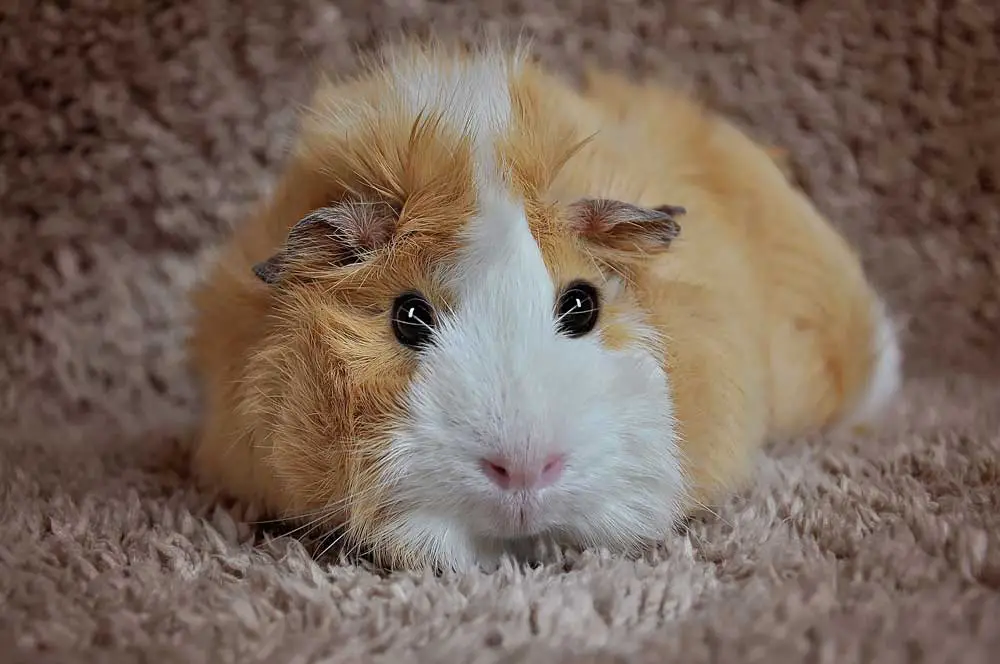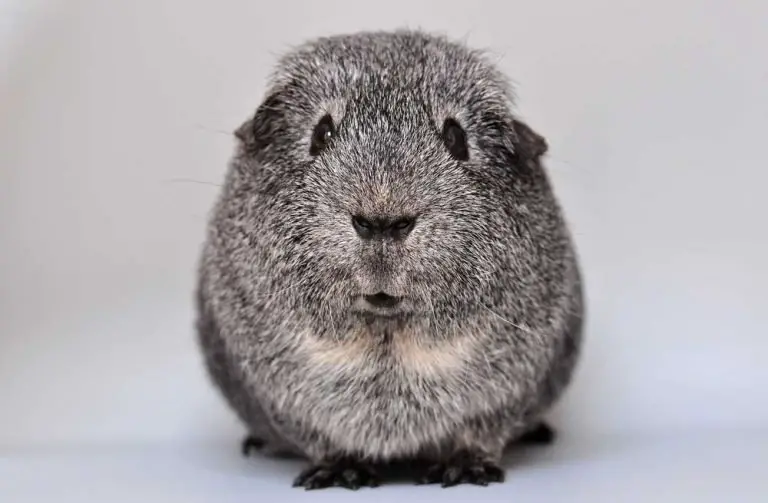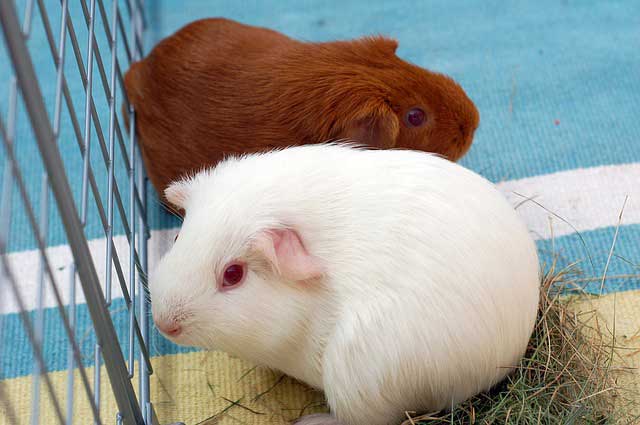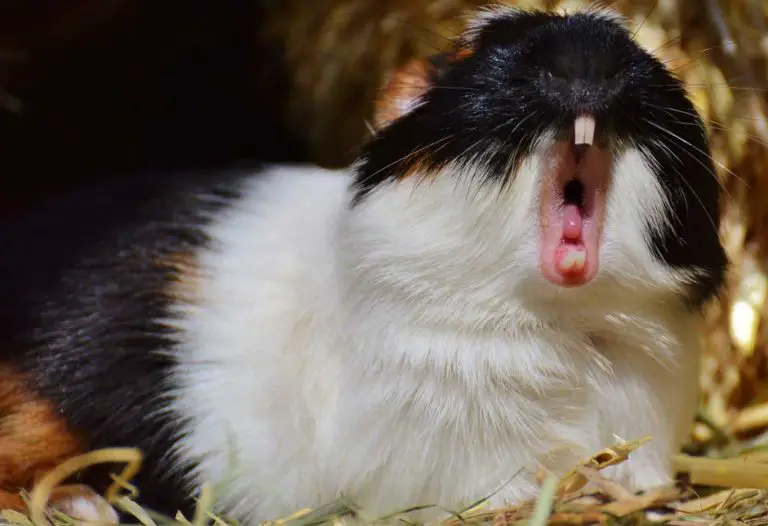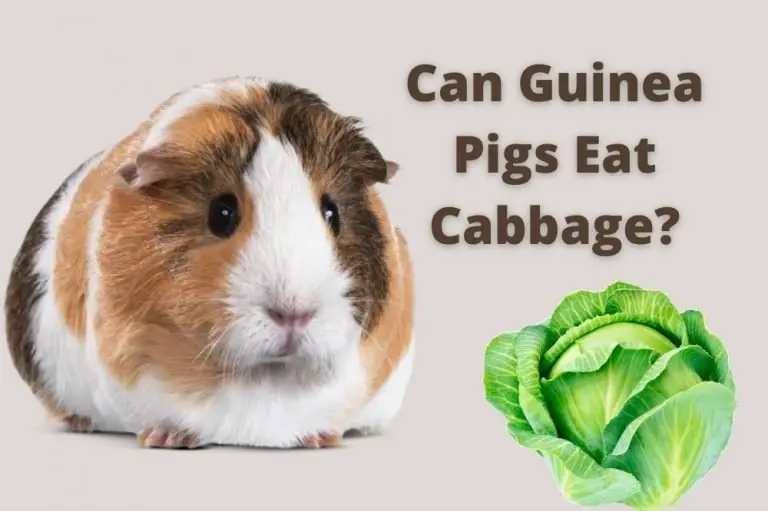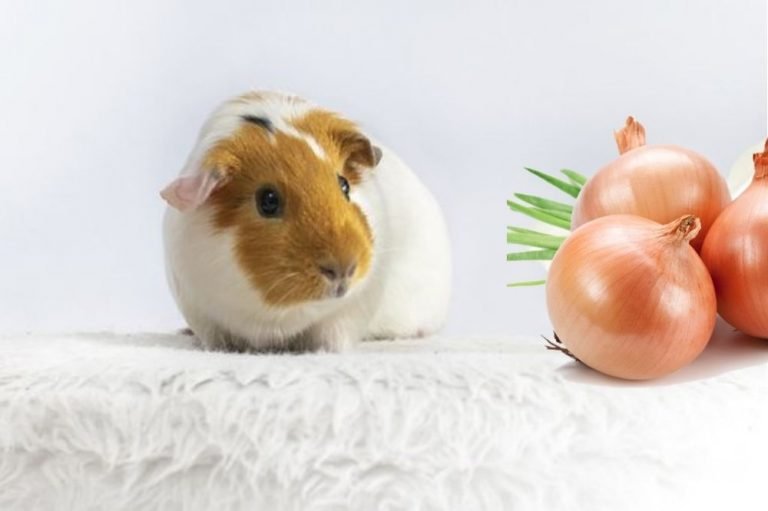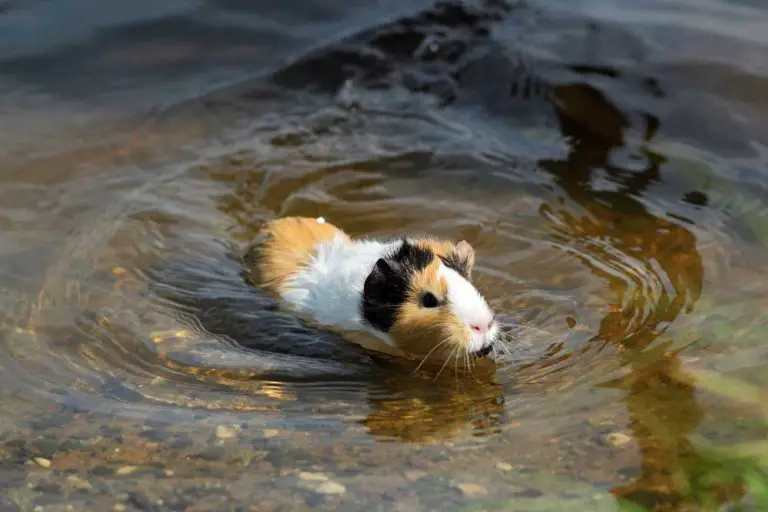Why Do Guinea Pigs Touch Noses?
Guinea pigs are social gentle animals that have grown to be a popular family pet. They are great with children and they require low maintenance making them a favorite.
Guinea pigs have different personalities, with some being shy and submissive while others are outgoing and dominant. They usually live according to ranks and hierarchy orders.
A cage will have a dominant figure and a submissive. If they are more than two, all the cagemates will always have one dominant guinea pig who is their head.
They will communicate amongst themselves with different sounds and body language. One of their common body languages is the touching of noses that you may have noticed.
If you want to learn more about this communication gesture, keep reading.
Why do guinea pigs touch noses?
Guinea pigs will touch noses to communicate with each other different things. Touching noses is like hand greetings in humans and they will touch noses to greet each other. They will also do it as a sign of friendliness, apologizing, sniffing out each other’s scent, or even before fighting. It is generally a good gesture between your pets but you should be keen to establish if it’s happening before a fight so as to separate them.
Why your guinea pigs are touching noses
If you observe your guinea pigs touching noses, it’s usually not a cause for alarm and you can just let it pass. Reasons why they could be touching noses include:
Greetings
Guinea pigs are social creatures. They love spending time together and being in each other’s company.
If you take one out of the cage, they will feel their cagemate’s absence. You could be separating them because one is sick, having a vet appointment, or simply grooming them.
When the absentee guinea pig comes back, you may notice the two pigs touching noses. This is usually a sign of greeting and trying to ascertain whether the other guinea pig is okay.
Friendliness
Not all guinea pigs will be friendly towards each other. However, some guinea pigs will develop a natural bond and likeness towards one another immediately you bring them together.
This is normal because even humans don’t always get along. If your guinea pigs get along, they will play together, sleep cuddled together, eat together, and groom one another.
You will also notice them touching noses as a sign of friendliness towards one another and the bond they share. They may simply just stand close to each other, noses together, and staring into each other’s eyes.
Scent
Guinea pigs have a strong sense of smell. Just like dogs and their sniffing capabilities, they will be able to smell and recognize each other right away.
If they are getting used to each other, they will touch noses to sniff and learn each other’s scent. If one guinea pig is separated for a while, they will use these scents to recognize one another again.
That’s why it’s advised that even if you are washing their whole cage and switching up placement of their accessories, you should always leave something behind with their scents so that they may recognize it.
It’s also great to make sure that if you are grooming, do it for both pets and use the same shampoo so that they may both smell the same way to avoid fights as they could think that one is a newly introduced pet.
Apologizing
Guinea pigs will touch noses as a way of apologizing after a fight. As stated, they live in hierarchy order and sometimes the submissive guinea pig may try to stand up against the dominant.
This is bound to lead to fights as the dominant guinea pig feels threatened. The submissive guinea pig may then accept their mistake and apologize by touching noses with the dominant guinea pig.
Touching noses after a fight is a way of apologizing. It is a sign of cementing their roles and a show that they have come to an agreement.
Fighting
It’s common for two guinea pigs living together to fight, more so males. They will usually fight before establishing their hierarchical order or if a sub refuses to groom a dominant.
Doms usually demand to be groomed by submissives every now and then. If the submissive refuses, the dominant gets angry at this show of defiance and a fight may ensure.
If you hear growling sounds as they are touching their noses, this is a clear sign that all is not well in paradise. The dominant guinea pig may begin biting the submissive and this calls for action on your part.
You should separate them immediately to avoid the fights getting worse. Throwing a towel over them will cause a momentary confusion that will help you pick one up without getting scratched in the process.
You can reintroduce them later on after they have both cooled down. Usually, if the cage has a submissive and a dominant, each will learn their place making them cohabitate peacefully.
Why does my guinea pig touch me with their nose?
Guinea pigs are able to recognize their owners from their sounds and scents. A new guinea pig will use their noses to get to learn more about their surroundings, their cagemates, and most importantly, you.
It is advised that you should put your hand in their cage every now and then so that they can sniff it to familiarize themselves with how you smell.
When they get used to you and often touch you with their noses, it’s because they are used to you and they actually like you. This is the same way they react with other guinea pigs that they are friends with.
Your pet touching you with their nose means that they are happy and content. It is a sign of showing their affection towards you.
Conclusion
Guinea pigs touch noses as a friendly way of showing affection towards one another, a greeting, and a sign of expressing how sorry they are. Sometimes though, it will be right before a fight and you should be cautious during these times.
If your guinea pig touches you with their nose, they are simply showing how much they like you.

